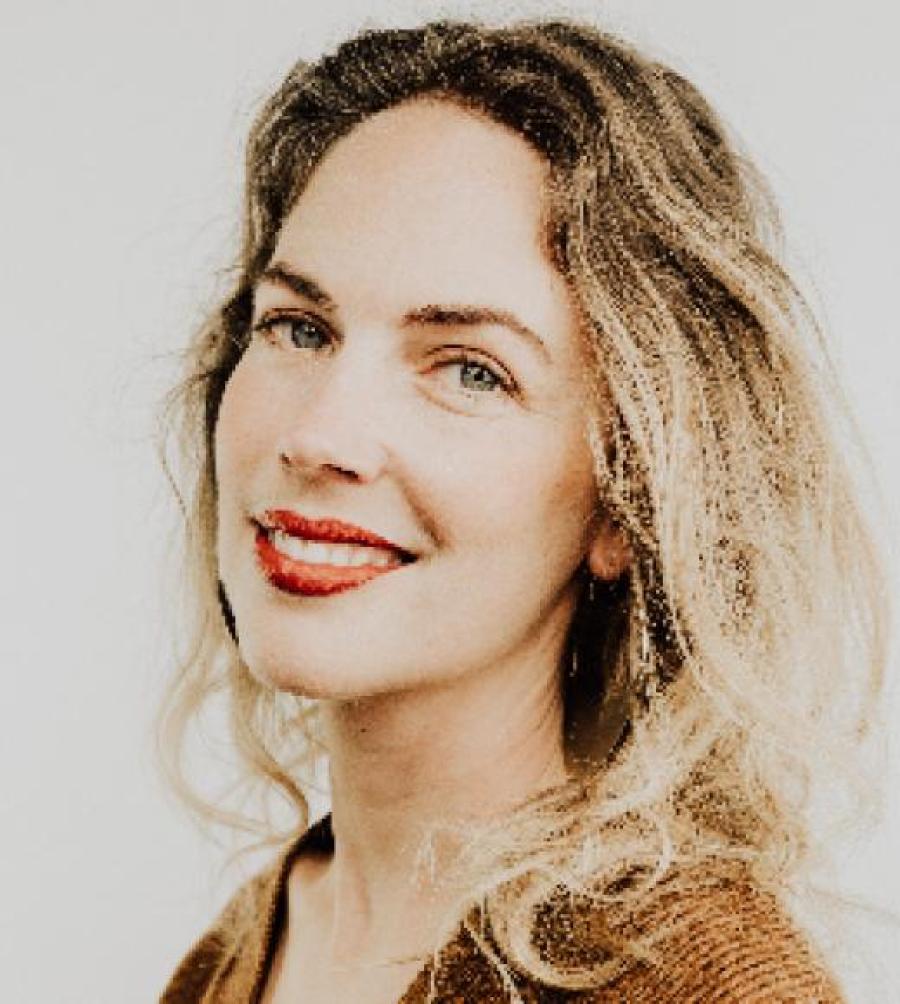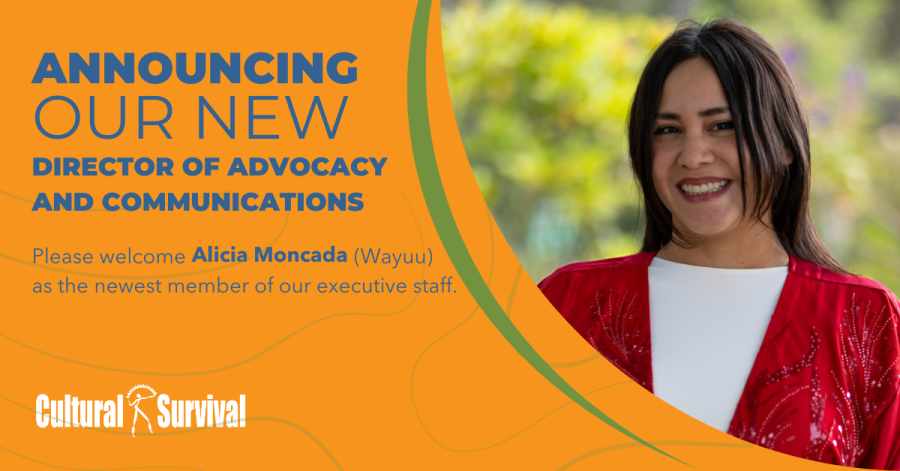
1. Indigenous Peoples have the right to their traditional medicines and to maintain their health practices, including the conservation of their vital medicinal plants, animals and minerals. Indigenous individuals also have the right to access, without any discrimination, to all social and health services.
2. Indigenous individuals have an equal right to the enjoyment of the highest attainable standard of physical and mental health. States shall take the necessary steps with a view to achieving progressively the full realization of this right."
-- Article 24, United Nations Declaration on the Rights of Indigenous Peoples
Coronavirus Public Service Announcement by Myrna Cunningham
Myrna Cunningham from Nicaragua is a feminist and Indigenous rights activist. Doctor Cunningham received an honorary doctorate from the Autonomous University of Mexico in 2010. Doctor Cunningham was also the chairperson of the United Nations Permanent Forum on Indigenous Issues. In this program, she advises Indigenous Peoples about preventative measures to be taken in the time of the Covid-19 pandemic.
An Inside Look: South Africa and the Covid-19 Outbreak
Jayd Smith from Eldos FM introduces this program, where presenter Diana Morat interviews operations manager for epidemic preparedness Dawn Kgaje.
This program was produced by Eldos FM, a community radio station in Johannesburg, South Africa.
Indigenous women represent one of the most vulnerable and marginalized populations in the world. For centuries, Indigenous women have been subjected to relentless discrimination and different types of violence based on gender, indigeneity, and class. They are deprived from even basic human rights such as access to health services, education and employment. This Indigenous Rights Radio program depicts Indigenous women and access to quality health services. Produced by Dev Kumar Sunuwar and Bia'ni Madsa' Juárez López.
Every year on April 7, World Health Day, a day championed by the World Health Organisation, is commemorated internationally. The day was conceived in 1948, and the first annual WHD was celebrated in 1950 in support of drawing attention to WHO, the world health organisation. In this program, we interview Connie Hang, Youth Coordinator of the Khmer Kampuchea Krom Federation.
UNDRIP Article 24: The Right to Traditional Medicines
Article 24 of the UN Declaration on the Rights of Indigenous Peoples states that Indigenous Peoples have the right to their traditional medicines and to maintain their health practices and also have the right to access, without any discrimination, to all social and health services. Indigenous individuals have an equal right to the enjoyment of the highest attainable standard of physical and mental health. States shall take the necessary steps with a view to achieving progressively the full realization of this right.








